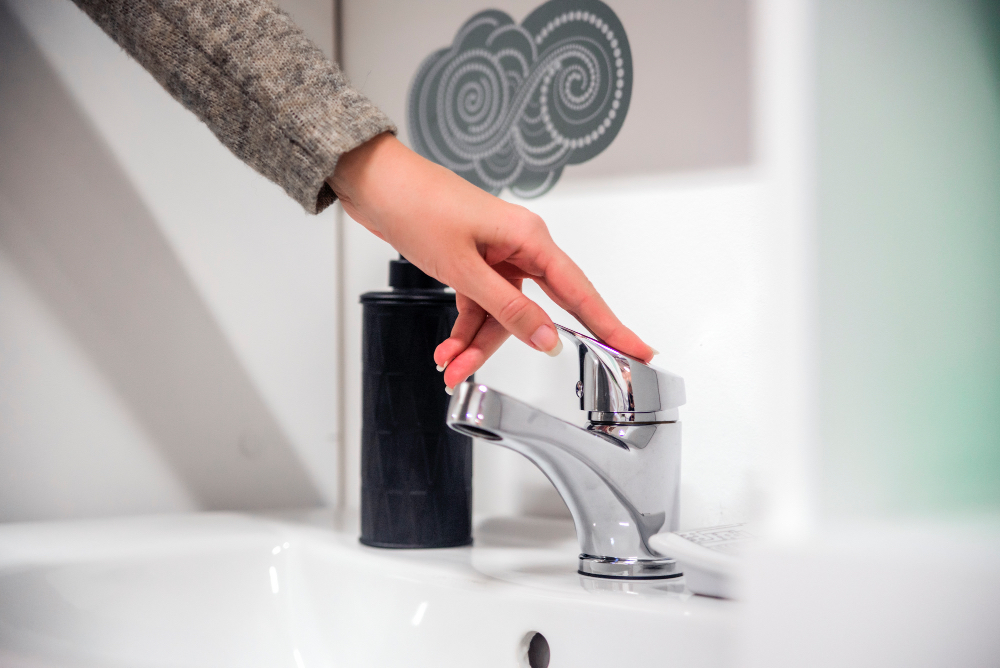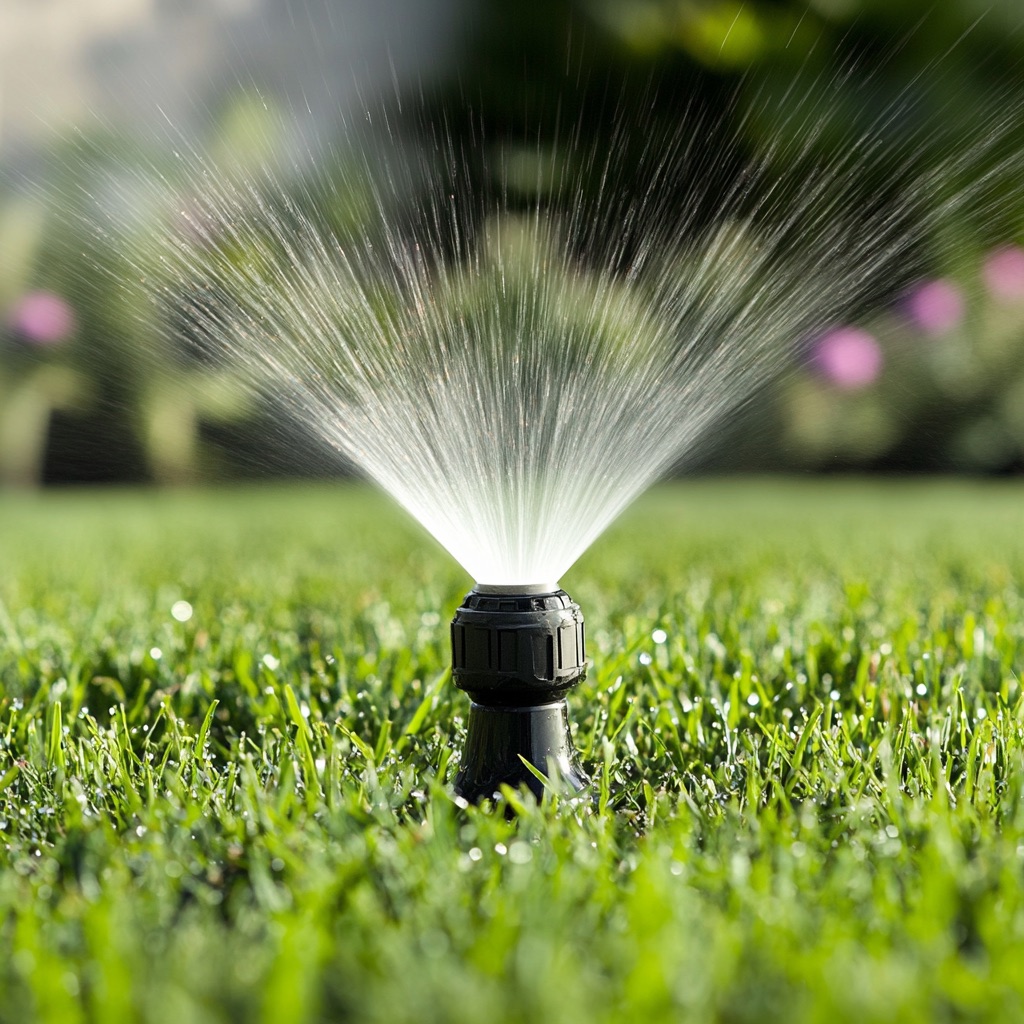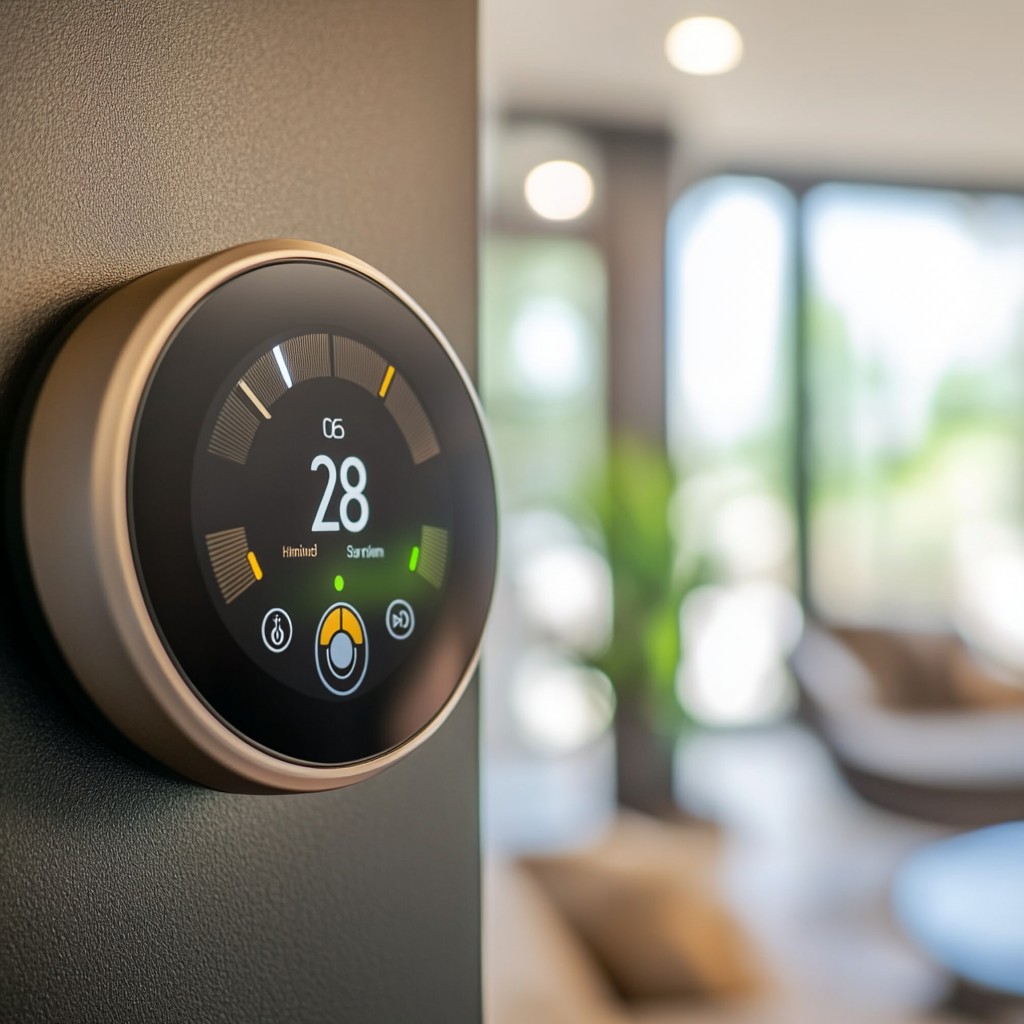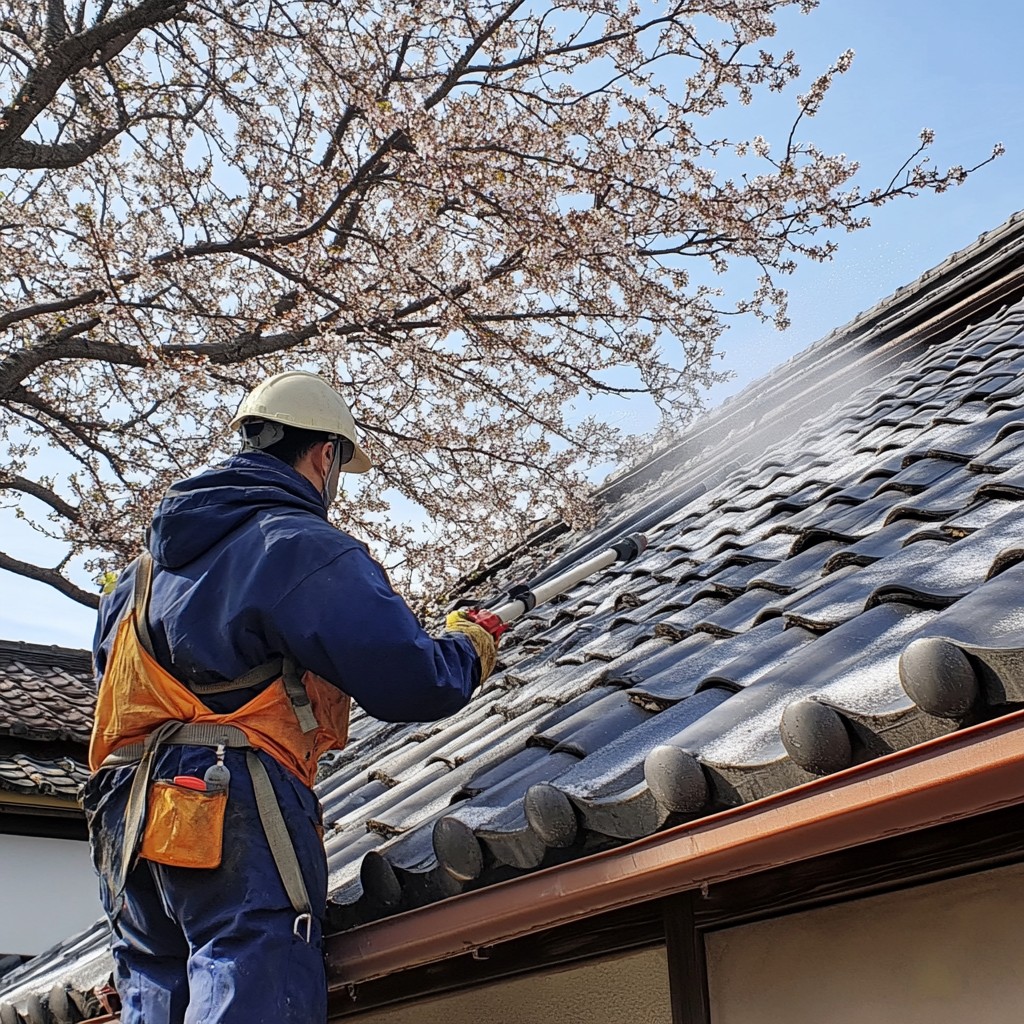Last updated on
In an age where climate change is a looming concern, our environmental footprint is a crucial aspect to consider, starting right from the heart of our daily living — our homes. For many families, the notion of ‘going green’ can seem like a complex, daunting task that might require a complete lifestyle overhaul.
However, adopting eco-friendly practices does not have to be overwhelming. Small, consistent changes can lead to significant positive impacts, not just for the environment but also for our wallets and well-being. Here are some simple yet effective tips for maintaining an eco-friendly family house.
Prioritize Water Conservation

Water, though abundant, is a finite resource crucial for survival and, therefore, demands careful conservation in our daily routines. Implementing strategies to minimize water usage supports the environment and reduces household expenses. Simple habits such as fixing leaks promptly, taking shorter showers, and turning off the tap while brushing teeth can lead to substantial water savings.
Additionally, investing in water-efficient fixtures and appliances plays a significant role in decreasing overall water consumption. For those facing the unfortunate event of water damage, you can go to www.cutanddryresto.com to have your home restored in an eco-friendly manner.
Together, these practices contribute to a sustainable home and a healthier planet, reflecting our commitment to preserving this essential resource for future generations.
Reduce, Reuse, Recycle
The mantra of “reduce, reuse, recycle” is a powerful starting point for any family looking to minimize their environmental impact. By reducing consumption, families can significantly lessen the demand for new products and the resources needed for production. Reusing items extends their life and decreases the need for disposable or single-use products.
Recycling plays a crucial role in this triad by ensuring materials such as paper, plastic, glass, and metal are processed and transformed into new items, reducing waste and the strain on natural resources. Encouraging these practices within the household teaches valuable lessons in sustainability and instills a sense of responsibility toward our planet.
Simple actions like opting for reusable shopping bags, avoiding plastic water bottles, and correctly sorting waste can have a considerable environmental impact.
Conserve Energy

Conserving energy is another pivotal aspect of maintaining an eco-friendly household. Simple measures like switching to LED lightbulbs, which use less energy than traditional bulbs, can substantially decrease electricity usage. Utilizing natural light during the day instead of artificial lighting can reduce energy consumption and lower utility bills.
Investing in energy-efficient appliances is also worthwhile, as they operate on minimal electricity while offering optimal performance. Additionally, instilling habits such as turning off lights when leaving a room and unplugging electronic devices when not in use can make a significant difference.
Collectively, these actions contribute to a reduction in energy demand and the family’s financial savings, thereby promoting a sustainable lifestyle.
Use Non-toxic Cleaning Products
Many conventional cleaning products contain harsh chemicals that can harm the environment and our health. Switching to eco-friendly, non-toxic alternatives is a simple but effective way to maintain a sustainable home. Natural ingredients like vinegar, baking soda, and lemon juice are inexpensive options that effectively clean surfaces without polluting the air or water systems.
Opting for biodegradable and environmentally friendly detergents for laundry and dishwashing can also limit negative environmental impacts. Families can also make cleaning products using simple ingredients, reducing waste from store-bought options and promoting a healthier living environment.
Embrace Green Landscaping
Landscaping is another area where families can adopt eco-friendly practices, starting with choosing the right plants. Native, drought-resistant plants require less water and maintenance than non-native species, making them ideal for sustainable landscaping.
Furthermore, incorporating composting techniques can provide natural fertilization for gardens instead of relying on synthetic chemicals that can harm the soil and surrounding ecosystem. Creating a rain garden or using permeable materials in outdoor spaces can help reduce stormwater runoff and promote natural filtration, protecting local water sources.
Simple actions like lawn mowing less frequently or using an electric lawnmower can contribute to energy conservation and sustainable landscaping practices.
Invest in Green Technology
Innovative green technologies have made it easier for households to reduce their environmental impact. Families can use these advancements, from solar panels to smart home technology, to promote home sustainability.
Installing solar panels reduces reliance on traditional energy sources and offers significant financial savings through decreased utility bills. Smart home technology allows for efficient use of resources by controlling lighting, heating, and cooling systems based on occupancy. By investing in these green technologies, families can significantly decrease their environmental footprint while reaping financial benefits.
Making your family house eco-friendly is a journey that can be as enjoyable and fulfilling as essential. By implementing the tips in this post, you’re contributing to a healthier planet and crafting a more sustainable, cost-effective, and harmonious environment for your loved ones. Remember, every little effort counts; together, we can make a significant difference for future generations.
Table of Contents




